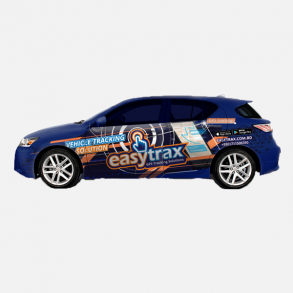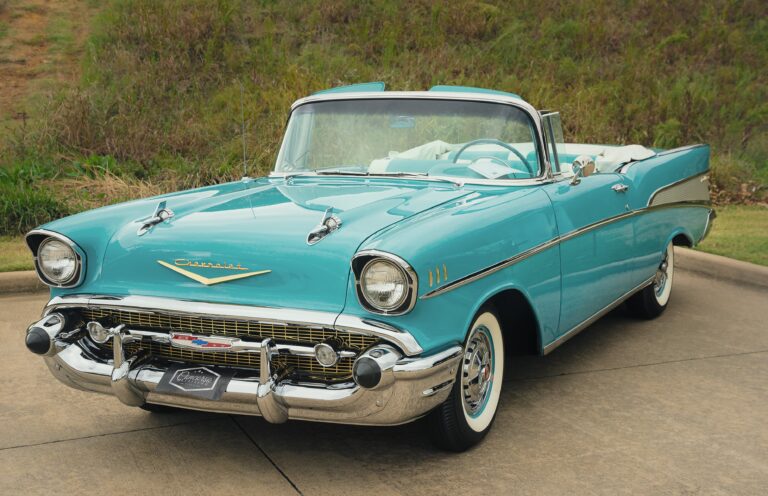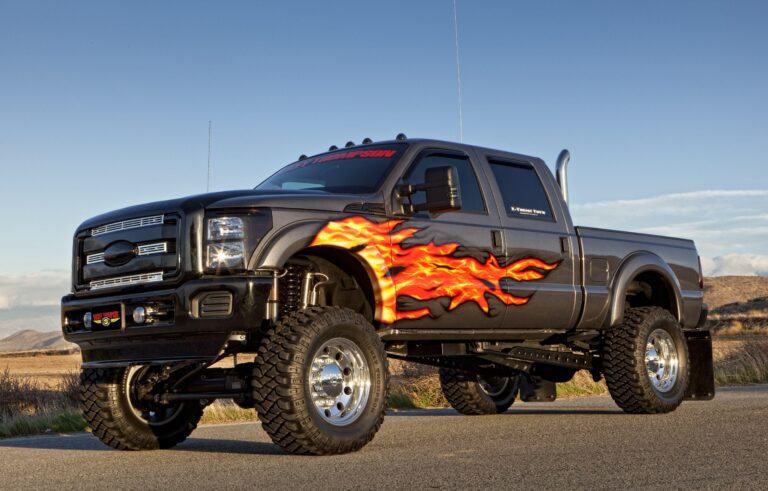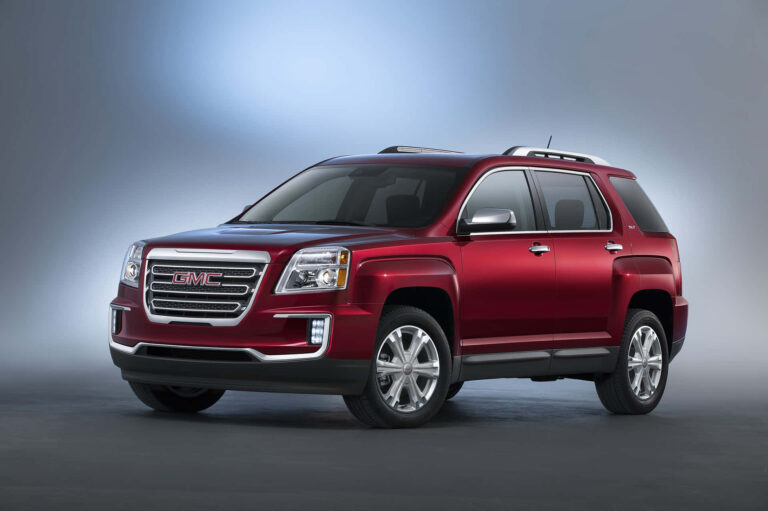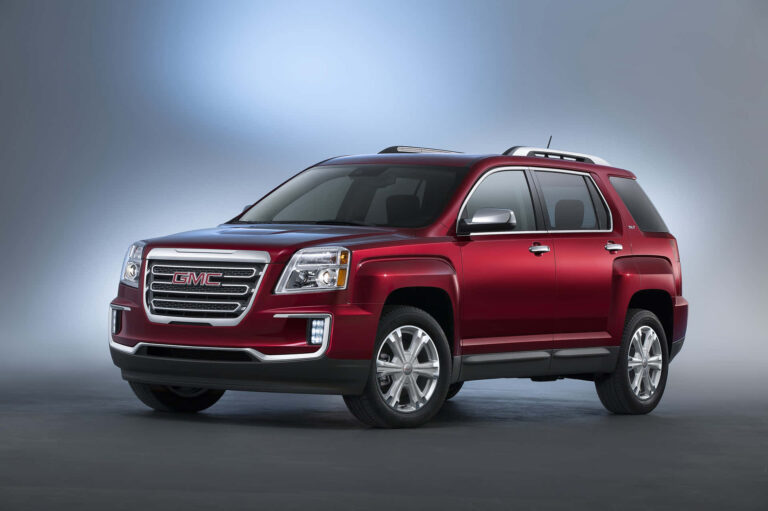Car Brands From Korea: A Comprehensive Guide to Automotive Excellence
Car Brands From Korea: A Comprehensive Guide to Automotive Excellence cars.truckstrend.com
In the dynamic landscape of the global automotive industry, few narratives are as compelling as the meteoric rise of car brands from South Korea. Once considered budget-friendly alternatives, Korean car manufacturers have undergone a profound transformation, evolving into formidable contenders that now stand shoulder-to-shoulder with established giants. This comprehensive guide delves into the core of South Korea’s automotive prowess, exploring the brands that have shaped its journey, their distinctive offerings, and their significant impact on the world stage. From cutting-edge design and advanced technology to unparalleled value and reliability, Korean car brands represent a testament to relentless innovation and a clear vision for the future of mobility.
The Ascent of Korean Automotive Powerhouses
Car Brands From Korea: A Comprehensive Guide to Automotive Excellence
The story of Korean car brands is one of resilience, strategic investment, and an unyielding commitment to progress. Beginning in the mid-20th century with humble assembly operations, the industry received significant government support and focused on rapid technological acquisition and localization. Early models might have been criticized for lacking distinctiveness or refinement, but this period laid the crucial groundwork for future growth. By the late 1990s and early 2000s, a deliberate shift towards independent design, robust engineering, and aggressive global marketing began to pay dividends. Today, South Korean automotive brands are synonymous with a potent combination of style, substance, and affordability, challenging preconceptions and redefining consumer expectations worldwide.
Hyundai: The Global Challenger
At the forefront of the Korean automotive charge is Hyundai Motor Company, a conglomerate that has grown from a fledgling carmaker into a global powerhouse. Hyundai’s journey has been marked by continuous innovation, a relentless pursuit of quality, and an uncanny ability to anticipate market trends.
Key Information and Evolution: Hyundai’s early strategy revolved around offering reliable, well-equipped vehicles at competitive prices. Over the past two decades, however, the brand has invested heavily in research and development, design talent (recruiting top designers from Europe), and advanced manufacturing processes. This commitment has elevated Hyundai’s vehicles to a premium standard, without abandoning its core value proposition.
Product Portfolio: Hyundai boasts one of the most diverse lineups in the industry, catering to nearly every segment:
- Sedans: From the compact Elantra and the mid-size Sonata to the executive Grandeur (Azera in some markets), Hyundai’s sedans offer refined comfort and modern technology.
- SUVs: This segment is a major strength, featuring popular models like the compact Kona, the best-selling Tucson, the family-friendly Santa Fe, and the large, luxurious Palisade.
- Electric Vehicles (EVs): Hyundai is a leader in electrification, with the critically acclaimed IONIQ sub-brand (IONIQ 5, IONIQ 6) pushing boundaries in design, range, and charging technology. They also offer hybrid and plug-in hybrid options across their lineup.
- Performance (N Division): The "N" performance division, led by former BMW M division head Albert Biermann, has injected excitement and track-ready capabilities into models like the Elantra N and Kona N.

Design Philosophy: Hyundai’s design language has evolved significantly, from "Fluidic Sculpture" to the current "Sensuous Sportiness," characterized by bold lines, parametric jewels, and striking lighting signatures. This distinct aesthetic has become a major selling point.
Kia: The Design-Driven Innovator

Kia Corporation, a sister company to Hyundai (Hyundai holds a significant stake in Kia), has carved out its own distinctive identity through audacious design, sportier driving dynamics, and a strong focus on youthful appeal.
Key Information and Evolution: Following its acquisition by Hyundai in 1998, Kia underwent a dramatic renaissance, largely spearheaded by former Audi designer Peter Schreyer, who introduced the iconic "Tiger Nose" grille. This design-first approach, combined with shared Hyundai platforms and powertrains, propelled Kia into the global spotlight.
Product Portfolio: Kia offers a compelling range of vehicles known for their style and feature-rich interiors:
- Compacts & Sedans: The Forte (Cerato) and K5 (Optima) offer stylish and practical choices in their respective segments.
- SUVs & Crossovers: Kia’s SUV lineup is incredibly popular, featuring the compact Seltos, the perennially popular Sportage, the versatile Sorento, and the award-winning Telluride.
- Electric Vehicles (EVs): Like Hyundai, Kia is heavily invested in electrification, with the groundbreaking EV6 and the upcoming three-row EV9 showcasing their commitment to futuristic design and advanced EV technology.
- Minivans: The Carnival (Sedona) redefines the minivan segment with its SUV-like styling and premium features.
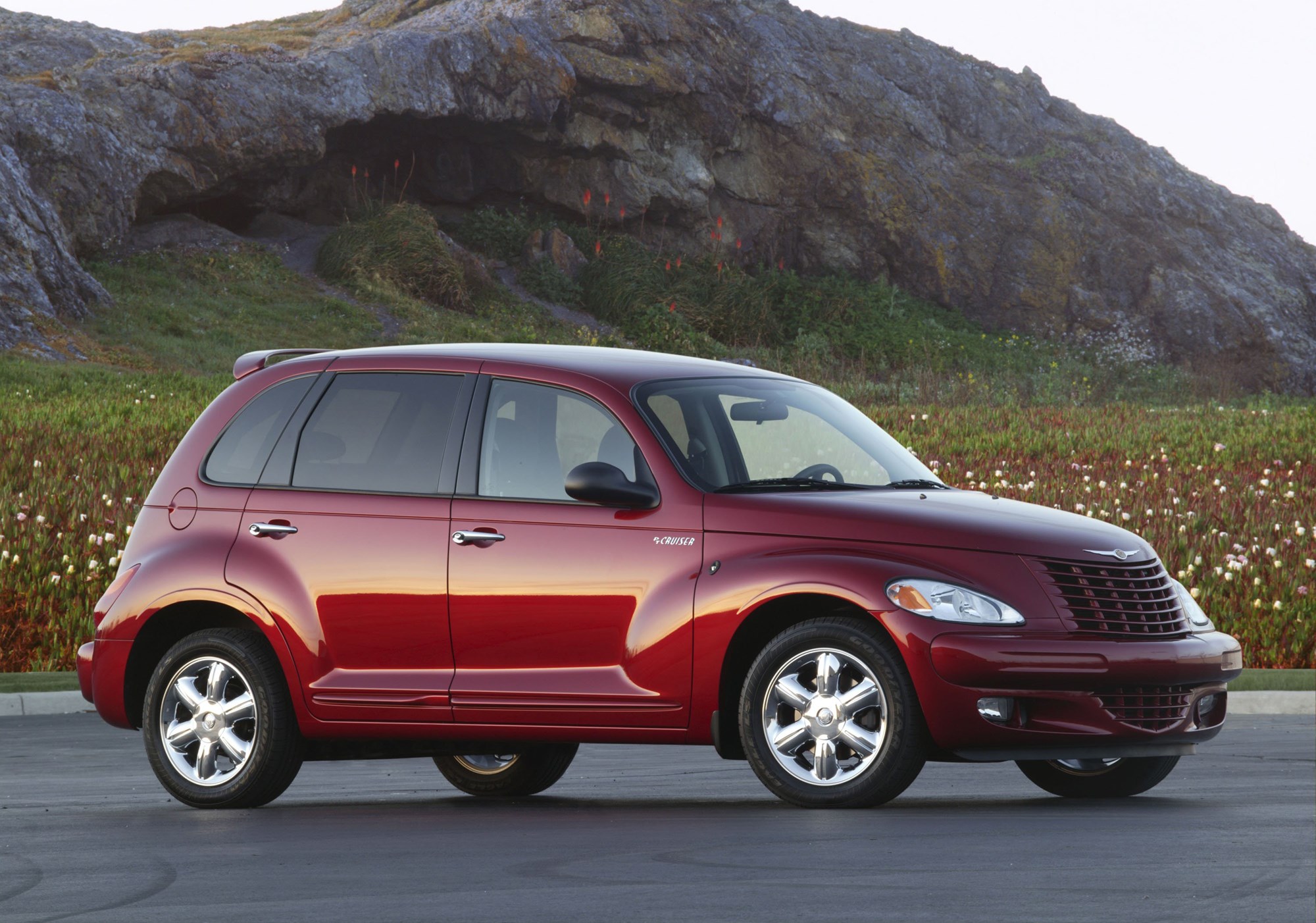
Design Philosophy: Kia’s current design philosophy, "Opposites United," draws inspiration from contrasts found in nature and humanity, resulting in bold, futuristic, and highly distinctive vehicles that stand out from the crowd.
Genesis: The Luxury Contender
Genesis is Hyundai’s dedicated luxury division, launched in 2015 to compete directly with established premium brands like Mercedes-Benz, BMW, and Audi. Genesis aims to deliver a refined driving experience, sophisticated design, and unparalleled customer service.
Key Information and Evolution: Genesis began as a standalone model under the Hyundai brand before being spun off. It quickly gained critical acclaim for its compelling combination of performance, luxury, and value. The brand focuses on creating a distinctive identity separate from its parent company, emphasizing "Athletic Elegance" in its design and a "human-centered" approach to technology.
Product Portfolio: Genesis offers a focused lineup of sedans and SUVs, all characterized by their opulent interiors, advanced technology, and powerful engines:
- Sedans: The compact G70, the mid-size G80, and the flagship G90 compete directly with their German and Japanese counterparts, offering a blend of performance and luxury.
- SUVs: The GV70 and GV80 SUVs have been particularly successful, combining striking design with impressive capability and a sumptuous cabin experience.
- Electric Vehicles (EVs): Genesis is also electrifying its lineup, with electrified versions of the G80 and GV70, and the dedicated GV60 EV, showcasing its commitment to sustainable luxury.
Distinctive Features: Genesis vehicles are recognized by their signature "Two Lines" lighting motif, crest grille, and beautifully crafted interiors featuring high-quality materials and intuitive technology.
KG Mobility (formerly SsangYong Motor): The Rugged Niche Player
KG Mobility, formerly known as SsangYong Motor, has a unique history among Korean car brands, traditionally focusing on rugged SUVs and four-wheel-drive vehicles. After facing significant financial challenges, the company was acquired by KG Group and rebranded in 2023, signaling a new chapter.
Key Information and Evolution: SsangYong (meaning "Twin Dragons") has a heritage rooted in tough, capable vehicles, often using Mercedes-Benz engines in the past. While it has struggled with market perception and financial stability, its vehicles are known for their robust build and off-road prowess. The recent rebranding to KG Mobility signifies a shift towards future mobility solutions while retaining its core strengths.
Product Portfolio: KG Mobility’s lineup primarily consists of SUVs and pick-up trucks:
- SUVs: Key models include the Rexton (a large, body-on-frame SUV), the compact Korando, and the subcompact Tivoli.
- Torres: The recently launched Torres SUV represents a bold new design direction and has been critical to the company’s revival efforts, emphasizing a rugged, adventurous spirit.
- Pick-up Trucks: The Musso (Rhino) pick-up truck offers a utilitarian option.
Strengths: KG Mobility vehicles often represent strong value for money, particularly for those seeking genuine off-road capability or robust utility. The new design language seen in the Torres aims to appeal to a broader audience.
Key Strengths and Advantages of Korean Car Brands
The collective success of Korean car brands stems from several overarching strengths:
- Exceptional Value for Money: Historically, Korean cars offered more features for less money than competitors. While prices have risen with quality, they often still provide a superior feature-to-price ratio.
- Dramatic Design Evolution: From conservative to cutting-edge, Korean brands have embraced bold, distinctive designs that capture attention and resonate with modern tastes.
- Advanced Technology & Innovation: They are quick adopters of new technologies, offering sophisticated infotainment systems, comprehensive active safety suites (ADAS), and a strong push into electric and even hydrogen fuel cell vehicles.
- Significant Quality and Reliability Improvements: Decades of investment in manufacturing processes and quality control have transformed their reputation. Modern Korean cars consistently rank high in reliability and customer satisfaction surveys.
- Comprehensive Warranties: Hyundai and Kia, in particular, are known for offering some of the industry’s best warranties, providing long-term peace of mind for owners.
- Diverse Product Portfolios: From economical city cars to luxury SUVs and high-performance sedans, Korean brands offer choices for nearly every lifestyle and budget.
Challenges and Future Outlook
Despite their success, Korean car brands face ongoing challenges. Intense global competition, the rapid shift towards electrification and autonomous driving, and the need to continually refresh brand perception in saturated markets are constant pressures. KG Mobility, in particular, faces the task of rebuilding its brand and market share. However, with their proven track record of innovation, adaptability, and strategic vision, Korean automotive manufacturers are well-positioned to continue their upward trajectory, contributing significantly to the global automotive landscape for decades to come.
Practical Advice for Considering a Korean Car
If you’re considering purchasing a vehicle from a Korean brand, here’s some practical advice:
- Define Your Needs and Budget: Korean brands offer a wide spectrum. Understand what size, features, and price range best suit you.
- Research Specific Models: Don’t generalize. Look into reviews, reliability ratings, and owner feedback for the specific Hyundai, Kia, Genesis, or KG Mobility model you’re interested in.
- Prioritize Safety and Technology: Korean cars excel in these areas. Familiarize yourself with their advanced driver-assistance systems (ADAS) and infotainment features.
- Test Drive Thoroughly: Pay attention to driving dynamics, comfort, interior layout, and visibility. Drive different trim levels if possible.
- Compare Features and Value: Korean brands often pack more standard features than rivals at a similar price point. Make a detailed comparison.
- Understand Warranty and Service: Take advantage of their excellent warranties. Research the local dealership network for service accessibility and reputation.
- Consider Electrification: If you’re ready for an EV, Hyundai’s IONIQ and Kia’s EV lines are among the best on the market, offering competitive range and charging speeds.
- Resale Value: While historically lower than some Japanese or German brands, the resale value of Korean cars has been steadily improving, especially for popular SUV and EV models.
Price Table: Car Brands From Korea (Representative Estimates)
Please note: Prices are highly variable based on model, trim level, optional features, region, taxes, and market conditions. The figures below are representative starting price ranges in USD for typical new models, meant as a general guide.
| Car Brand | Market Positioning / Key Characteristics | Representative Starting Price Range (USD – Estimates) | Key Models (Examples) |
|---|---|---|---|
| Hyundai | Mass-market, innovative, diverse lineup, strong EV push, cutting-edge design, advanced tech. | $20,000 – $65,000+ (for non-luxury models; N performance & high-end EVs can exceed) | Elantra, Sonata, Tucson, Santa Fe, Palisade, Kona, IONIQ 5, IONIQ 6, Elantra N, Kona N |
| Kia | Mass-market, design-driven, value-packed, rapid EV expansion, sporty appeal, feature-rich. | $20,000 – $70,000+ (for non-luxury models; EV9 & high-end trims can exceed) | Forte, K5, Sportage, Sorento, Telluride, Seltos, Carnival, EV6, EV9, Niro |
| Genesis | Luxury segment, premium performance, sophisticated design, advanced safety, refined interiors. | $40,000 – $90,000+ (flagship G90 & fully loaded SUVs can reach higher) | G70, G80, G90, GV70, GV80, Electrified G80, GV60 |
| KG Mobility (SsangYong) | Rugged SUVs, value-oriented, off-road capability, utility-focused, undergoing brand revitalization. | $25,000 – $45,000+ (varies significantly by model and market availability) | Torres, Rexton, Korando, Tivoli, Musso (Rhino Pick-up) |
Frequently Asked Questions (FAQ) About Car Brands From Korea
Q1: Are Korean cars reliable?
A1: Absolutely. Modern Korean cars from brands like Hyundai and Kia consistently rank highly in reliability and quality studies from organizations like J.D. Power and Consumer Reports, often outperforming many Japanese and European competitors.
Q2: What is the main difference between Hyundai and Kia?
A2: While sharing platforms and powertrains due to their corporate relationship, Hyundai and Kia have distinct brand identities. Hyundai often focuses on a more refined, family-oriented, and technologically advanced appeal, while Kia emphasizes sportier designs, a more youthful image, and often a slightly more aggressive driving dynamic.
Q3: Is Genesis part of Hyundai?
A3: Yes, Genesis is the standalone luxury division of Hyundai Motor Group. It operates as a distinct brand, similar to how Lexus is to Toyota or Acura is to Honda.
Q4: What happened to SsangYong Motor?
A4: SsangYong Motor faced financial difficulties for several years. In 2022, it was acquired by KG Group, a South Korean conglomerate, and subsequently rebranded as KG Mobility in 2023. This marks a new era for the company, focusing on new models and future mobility solutions.
Q5: Are Korean cars safe?
A5: Yes, Korean cars are very safe. Hyundai, Kia, and Genesis models consistently earn top safety ratings from organizations like the IIHS (Insurance Institute for Highway Safety) and NHTSA (National Highway Traffic Safety Administration) in the US, as well as Euro NCAP in Europe, due to robust construction and advanced safety features.
Q6: What are the best Korean electric vehicles (EVs)?
A6: Hyundai’s IONIQ 5 and IONIQ 6, along with Kia’s EV6 and EV9, are widely regarded as some of the best EVs on the market. They offer impressive range, ultra-fast charging capabilities (thanks to 800V architecture), distinctive designs, and feature-rich interiors. Genesis also offers compelling luxury EVs like the GV60.
Q7: Do Korean cars hold their value?
A7: Historically, some Korean models experienced faster depreciation. However, with significant improvements in quality, design, and brand perception, the resale value of popular Hyundai, Kia, and Genesis models, especially SUVs and EVs, has been steadily improving and is now competitive with many rivals.
Conclusion
The journey of car brands from Korea is a remarkable saga of transformation. What began as an ambitious venture has blossomed into a global automotive force, redefining expectations and setting new benchmarks for quality, design, technology, and value. Hyundai, Kia, Genesis, and KG Mobility each contribute a unique thread to this rich tapestry, collectively representing a testament to South Korea’s industrial might and innovative spirit. As they continue to push the boundaries of design, embrace electrification, and refine the driving experience, Korean car brands are not just competing in the global arena; they are leading it, promising an exciting and influential future for the automotive world.

